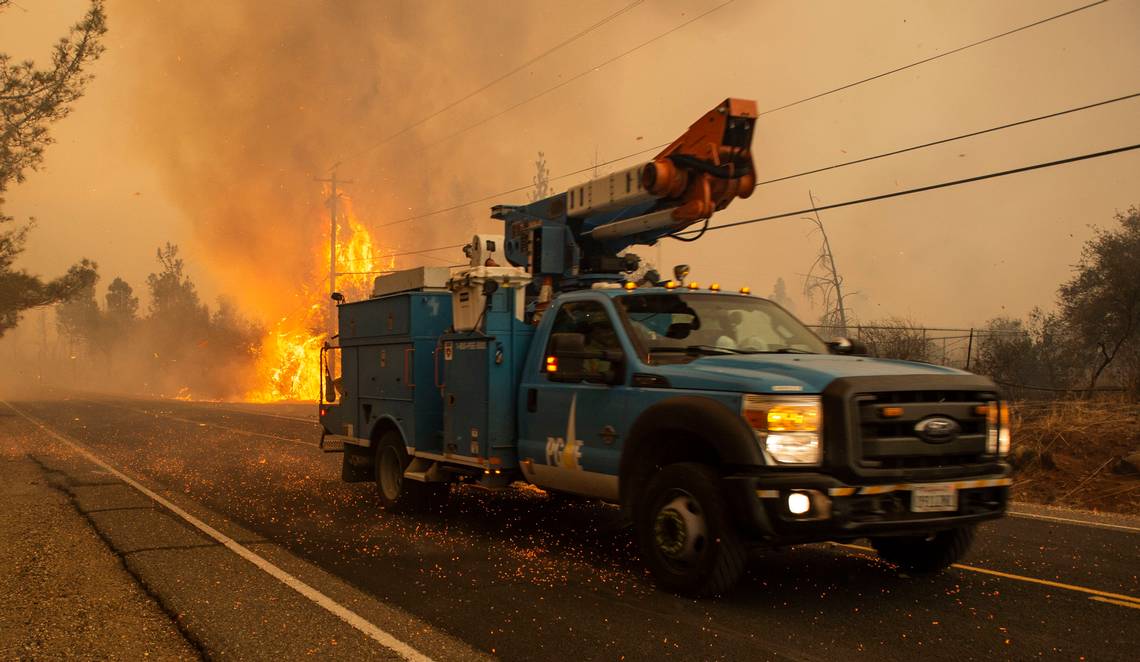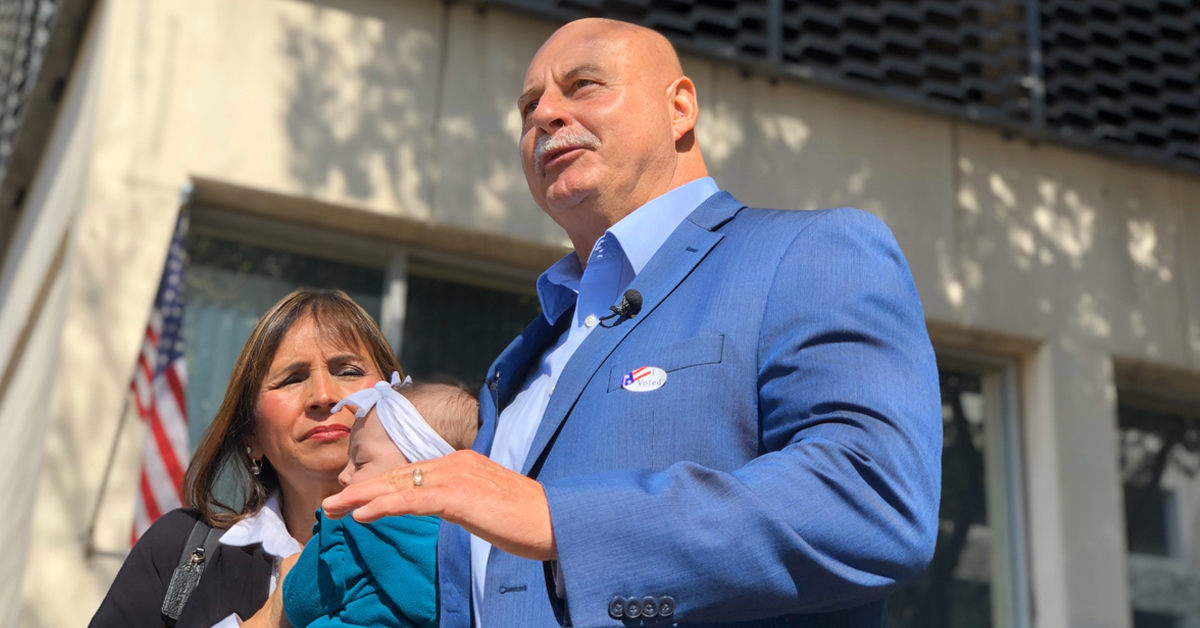Despite demands for key changes to Senate Bill 1 – California’s hotly-debated water legislation – from a chorus of Valley Democrats and Sen. Dianne Feinstein, California legislative leaders appeared to have ignored those calls.
Senate Bill 1 would tie California’s environmental laws governing water and air quality to Federal standards as they existed on the final day of the Obama administration, Jan. 19, 2017.
Opponents of the bill said the move restricts scientific advancements in analyzing California’s water needs and air quality conditions by relying on outdated science.
Proponents, starting with its author – Senate President Pro Tem Toni Atkins (D–San Diego), have advanced the initiative as part of a push to counteract a wave of changes to Federal biological assessments that govern water delivery and air quality.
In that vein, Capitol watchers labelled Senate Bill 1 the “Trump Defense Act.”
Feinstein, Feds lay out issues
Late last week, Feinstein, along with Reps. Jim Costa (D–Fresno), TJ Cox (D–Fresno), and Josh Harder (D–Turlock) and John Garamendi (D–Walnut Grove), sent a letter to Gov. Gavin Newsom demanding changes to Senate Bill 1.
They included removing a mandate that the Federal government follow California’s equivalent of the Endangered Species Act in operating the Central Valley Project, a Federal water project.
In their letter, they wrote that the proposed mandate created “legal uncertainty over whether the State can modify the application of Federal law.”
Feinstein and the California Congressmen also argued that the provision would jeopardize voluntary agreements struck between Sacramento-San Joaquin Delta water users and state and Federal government agencies to limit their impact on endangered species.
On Tuesday night, the section referenced by the Feinstein and the California Congressmen remained intact, despite other amendments.
In their letter, the Washington Democrats also opposed a different section of the bill. That section mandated California water agencies follow Obama-era biological opinions on the impact of water flows on endangered species.
An amendment on Tuesday night softened the language from “shall apply the [Federal] protections” on Jan. 19, 2017 to “may apply the [Federal] protections.”
While the tweak is notable, it merely applies to state water projects.
It does little to overcome the legal issues raised by Washington Democrats as to mandating Federal water operators to follow state regulations where the Central Valley Project interacts with the State Water Project.
Valley legislators launch opposition
This week, state Democratic lawmakers have also voiced their own concerns.
On Monday, Asm. Adam Gray (D–Merced) penned an Op-Ed labelling Senate Bill 1 as not only poorly devised, but dangerous to California’s current water infrastructure.
“[It] was somewhat surprising when legislative leaders decided to use the President’s worst habit—ignoring real science and concrete facts—as a model for priority legislation,” Gray wrote of his colleagues in CALMatters.
Tuesday, Sens. Melissa Hurtado (D–Sanger) and Anna Caballero (D–Salinas) wrote a letter to Newsom, Atkins, and Assembly Speaker Anthony Rendon (D–Paramount) pushing for Senate Bill 1 to become a two-year bill, effectively killing it in this legislative session and allowing for additional changes and reconsideration next legislative year.
“Because of the potential impacts of the recent amendments have not been fully reviewed, we would respectfully request that the Senate be given more time to review the bill’s impacts on our constituents,” Hurtado said.
Later in the day, Caballero published an Op-Ed arguing that environmental groups supporting Senate Bill 1 want to have it both ways when it comes to using up-to-date science in determining water deliveries.
Caballero cited wide support from “environmental NGOs” on Senate Bill 307, which mandated that the State Lands Commission consider new scientific data before making decisions for supplying water to the California desert, arguing the groups were “steadfast that without the consideration of new science, extreme harm would come to desert wildlife.”
“Yet, in SB1, these same groups resist amendments that would similarly allow for the consideration of new science in determining the best way to manage multiple beneficial users vying for California’s limited water supply,” Caballero wrote.











